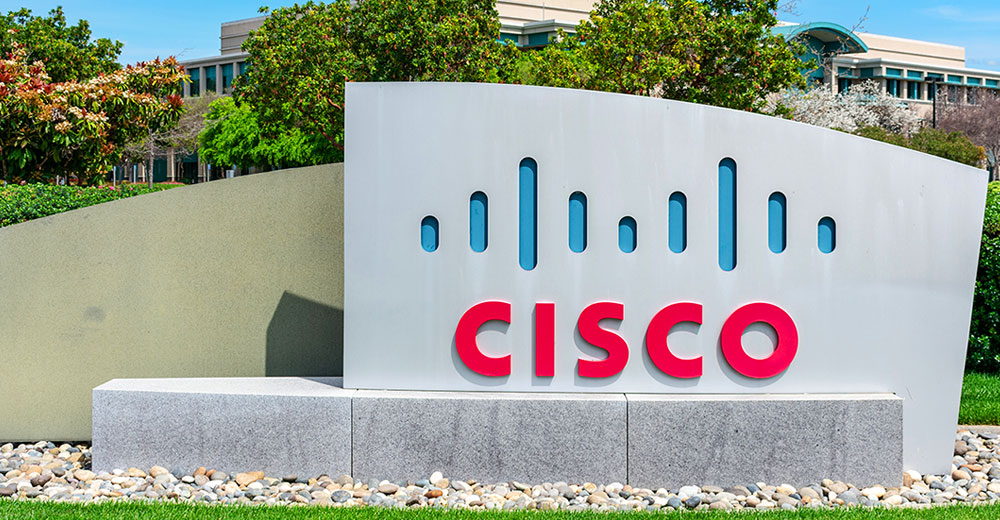
It is possible to predict intimate personal characteristics such as sexual orientation by studying a person’s Facebook Likes, according to findings released Monday by University of Cambridge researchers.
Just by studying Likes, the team was able to determine a person’s race, age, IQ, personality type, level of substance use and political views.
More than 58,000 U.S. Facebook users volunteered for the project, which was carried out by researchers at Cambridge’s Psychometrics Center together with Microsoft Research Cambridge.
The team developed models that used Likes to predict male sexuality with 88 percent accuracy, race with 95 percent accuracy, and political affiliation with 85 percent accuracy. The Likes they examined were not obviously connected to these traits; typically, the models aggregated Likes about music and TV shows to produce these profiles.
The Privacy Problem
Clearly, this research will be of intense interest to marketers and to Facebook. However, consumers should pay attention too because it has significant implications for privacy, said Paul Kurnit, clinical professor of marketing at Pace University.
“This is a huge issue,” he told TechNewsWorld. “In this age of behavioral marketing, too few Facebook — and other social and digital — users have any idea how much personal information they give away on a regular basis.”
In short, privacy is under siege, said Kurnit. If consumers give marketers permission to communicate with them, the transactions can be positive. However, when they are blindsided by marketers anxious to exploit what they have learned, the consequences range from annoying to dire.
Marketers have a responsibility to reveal what data they are collecting and how they intend to use it, said Kurnit. At the same time, users have to be circumspect about what they reveal about themselves, as well as the media and mechanisms they use.
It’s All on the User
Ultimately, consumers bear the burden of protecting themselves, which may be frustrating and even infuriating in some cases. Still, that is the way the industry and the laws are trending. There are some situations in which a marketer’s privacy violation might be actionable in a court of law, but cases of that sort are very tough, said Joel Reidenberg, director of Fordham Law School’s Center on Law and Information Policy.
For example, some state laws say public disclosure of private facts is a civil wrong — a tort. For example, say a marketer determined by studying Likes that someone had a sexually communicable disease and then communicated that fact to a third party, such as another advertiser, suggested Reidenberg.
“The harmed individual could sue the person who made the disclosure,” he told TechNewsWorld, “but the reality is, the cost of bringing a lawsuit is huge, and courts often look to the economic harm an action caused, not the emotional harm.”
For privacy-minded users, being careful with social platforms and what they Like online is advisable, said Dennis Dayman, chief security officer at Eloqua.
“They should even be aware of how a Like can associates them with certain viewpoints,” he told TechNewsWorld. “Social media is fun and useful, but users need a heightened awareness to how many applications they allow to see and collect their information, and take notice of what access those apps are getting in return for the Like.”
Retraining consumers to think before they click on a Like button will not be easy at this point, said Robert Siciliano, CEO of IDTheftSecurity.com, as most people are accustomed to doing it with little forethought.
“Liking anything on Facebook should be — but isn’t — looked at as a well thought-out process,” he told TechNewsWorld. “Sometimes a Like on what might seem to be an innocuous rant or funny photo could be interpreted by others as racist, homophobic or abusive to others.”




















































